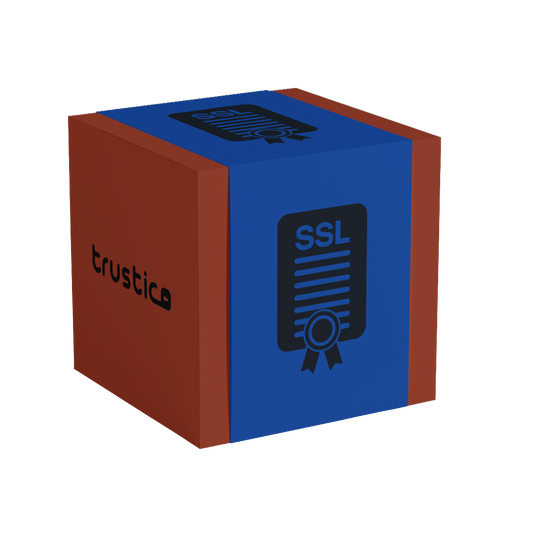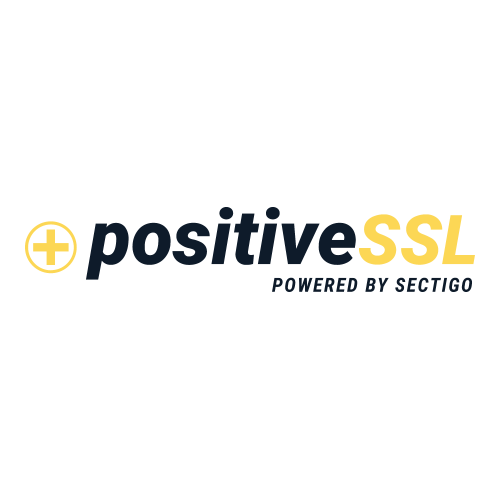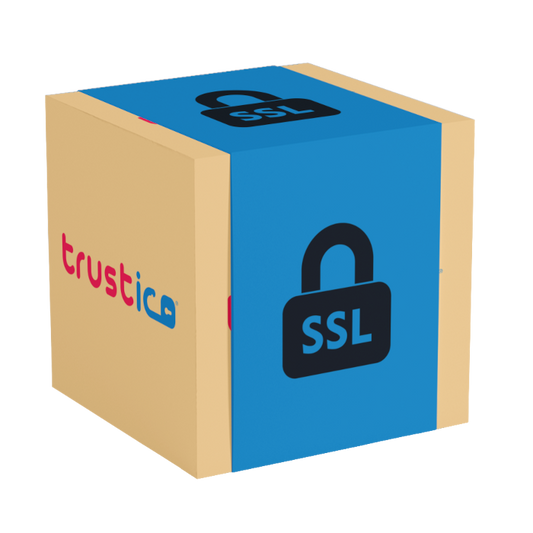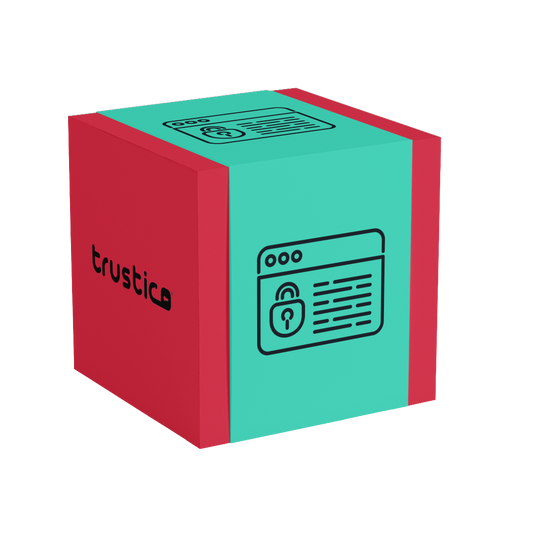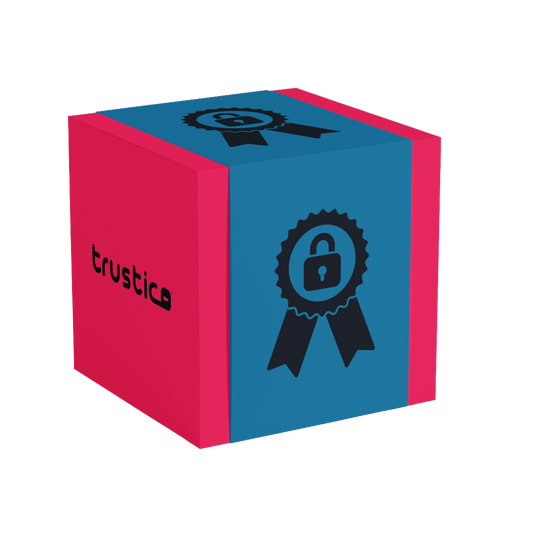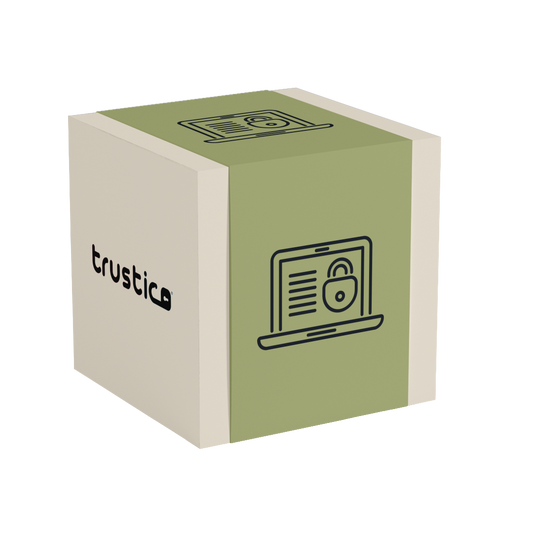SSL Certificates can be reissued when needed, allowing customers to obtain a new SSL Certificate without submitting a new order. Reissuing is available at no additional cost throughout your license period.
Reissuing is useful when any part of the SSL Certificate has been lost, server configuration has changed, or when you need to claim remaining validity from a multi-year license. Trustico® makes the reissue process simple and efficient through the tracking system, ensuring customers and partners can quickly generate a new SSL Certificate when required.
Why Reissue an SSL Certificate
There are several common reasons why you might need to reissue your SSL Certificate. Understanding when reissuing is appropriate helps ensure your website maintains continuous protection.
Claiming Remaining License Validity
Due to industry regulations, SSL Certificates have a maximum validity period of approximately 398 days. If you purchased a multi-year SSL Certificate license, your initial SSL Certificate was issued for this maximum period, with the remaining validity held in your license balance.
Reissuing allows you to claim this remaining validity and obtain a fresh SSL Certificate covering the next portion of your license. This is a normal part of maintaining your SSL Certificate protection throughout a multi-year license period. Learn About Maintaining Your SSL Certificate Protection 🔗
Lost or Compromised Private Key
If you have lost access to your Private Key or believe it may have been compromised, you should reissue your SSL Certificate immediately. The reissue process generates a new SSL Certificate bound to a new Private Key, ensuring your website security is restored. Learn About Private Key Security 🔗
Warning : A compromised Private Key allows unauthorized parties to intercept encrypted communications to your website. If you suspect your Private Key has been exposed, reissue your SSL Certificate immediately and revoke the previous SSL Certificate.
Server Changes or Migration
When migrating to a new server or making significant changes to your server configuration, you may need to generate a new Certificate Signing Request (CSR) with a new Private Key. Reissuing your SSL Certificate ensures it works correctly with your updated server environment.
How Validity Works When Reissuing
Reissuing your SSL Certificate does not forfeit any unused validity from your current SSL Certificate. Your license tracks the total coverage period you purchased, and each reissue draws from this balance.
When you reissue, your new SSL Certificate receives the maximum available validity, up to the 398-day limit. If your remaining license balance exceeds 398 days, you will receive an SSL Certificate valid for 398 days and can reissue again in the future to claim the remaining validity.
If your remaining balance is less than 398 days, your reissued SSL Certificate will be valid for the remaining balance.
For example, a customer with a two-year license receives an initial SSL Certificate valid for 398 days. When they reissue before that SSL Certificate expires, the new SSL Certificate receives the remaining validity of approximately 332 days, covering the rest of their license period. Learn About SSL Certificate Maximum Validity Periods 🔗
How to Reissue Your SSL Certificate
Reissuing your SSL Certificate is straightforward using the Trustico® tracking system. You will need your Certificate Authority (CA) Reference number, which was provided when your SSL Certificate was originally issued and is available in your order confirmation and customer account.
Your Certificate Authority (CA) Reference number is different from your Trustico® order number. The Certificate Authority (CA) Reference number is issued by the Certificate Authority (CA) and is required to access the tracking system.
Note : In our legacy system, this identifier was previously called the Supplier Order Number. If you have older documentation referencing a Supplier Order Number, this is the same credential now referred to as your Certificate Authority (CA) Reference.
Step 1 : Access the Tracking System
Visit the Trustico® tracking system and enter your Certificate Authority (CA) Reference number. The tracking system displays your current SSL Certificate status, license details, and available validity remaining. Explore Our Tracking System 🔗
Step 2 : Initiate the Reissue
Select the option to reissue your SSL Certificate. You will be prompted to provide a new Certificate Signing Request (CSR), or you can use the AutoCSR service if available for your SSL Certificate type.
The system displays the maximum validity available for your reissued SSL Certificate based on your license balance. Learn About Certificate Signing Requests (CSR) 🔗
Step 3 : Complete Validation
Reissued SSL Certificates occasionally require validation. For Domain Validated (DV) SSL Certificates, this typically involves responding to a validation e-mail or completing file-based or Domain Name System (DNS) based validation.
Organisation Validated (OV) and Extended Validation (EV) SSL Certificates may require the Certificate Authority (CA) to reverify organisation details if significant time has passed since original validation. Learn About SSL Certificate Validation 🔗
Step 4 : Install Your New SSL Certificate
Once validation is complete, your reissued SSL Certificate is available for download from the tracking system. Install the new SSL Certificate on your server, replacing the previous one.
Remember to install current Intermediate Certificates to ensure proper chain validation.
Trustico® provides comprehensive installation guides for various platforms and server configurations. Learn About SSL Certificate Installation 🔗
Reissue as Often as Needed
There is no limit to how many times you can reissue your SSL Certificate during your license period, and there is no additional cost for reissuing.
Whether you need to reissue once per year to claim validity or multiple times due to infrastructure changes, all reissues are included in your license. This flexibility ensures you always have access to a current, fully valid SSL Certificate whenever you need it.
Monitoring Your SSL Certificate
Customers are responsible for monitoring their SSL Certificate expiry dates and ensuring timely reissuance to maintain continuous coverage. The Trustico® tracking system provides downloadable calendar files for both your SSL Certificate expiry date and your license expiry date.
Important : You are responsible for tracking your SSL Certificate expiry and initiating reissues before expiration. Trustico® provides tools to assist, but the responsibility for maintaining continuous coverage remains with the customer.
Trustico® also offers a monitoring service that continuously checks your SSL Certificate status and can alert you to upcoming expiry or configuration issues. Explore Our SSL Certificate Monitoring Service 🔗
Partner Access to Reissue Management
Trustico® partners have full access to the tracking system, allowing them to manage reissue requests efficiently for their customers. Partners can monitor SSL Certificate expiry dates, initiate reissues, and ensure their customers maintain uninterrupted protection. Learn About The Trustico® Partner Program 🔗





